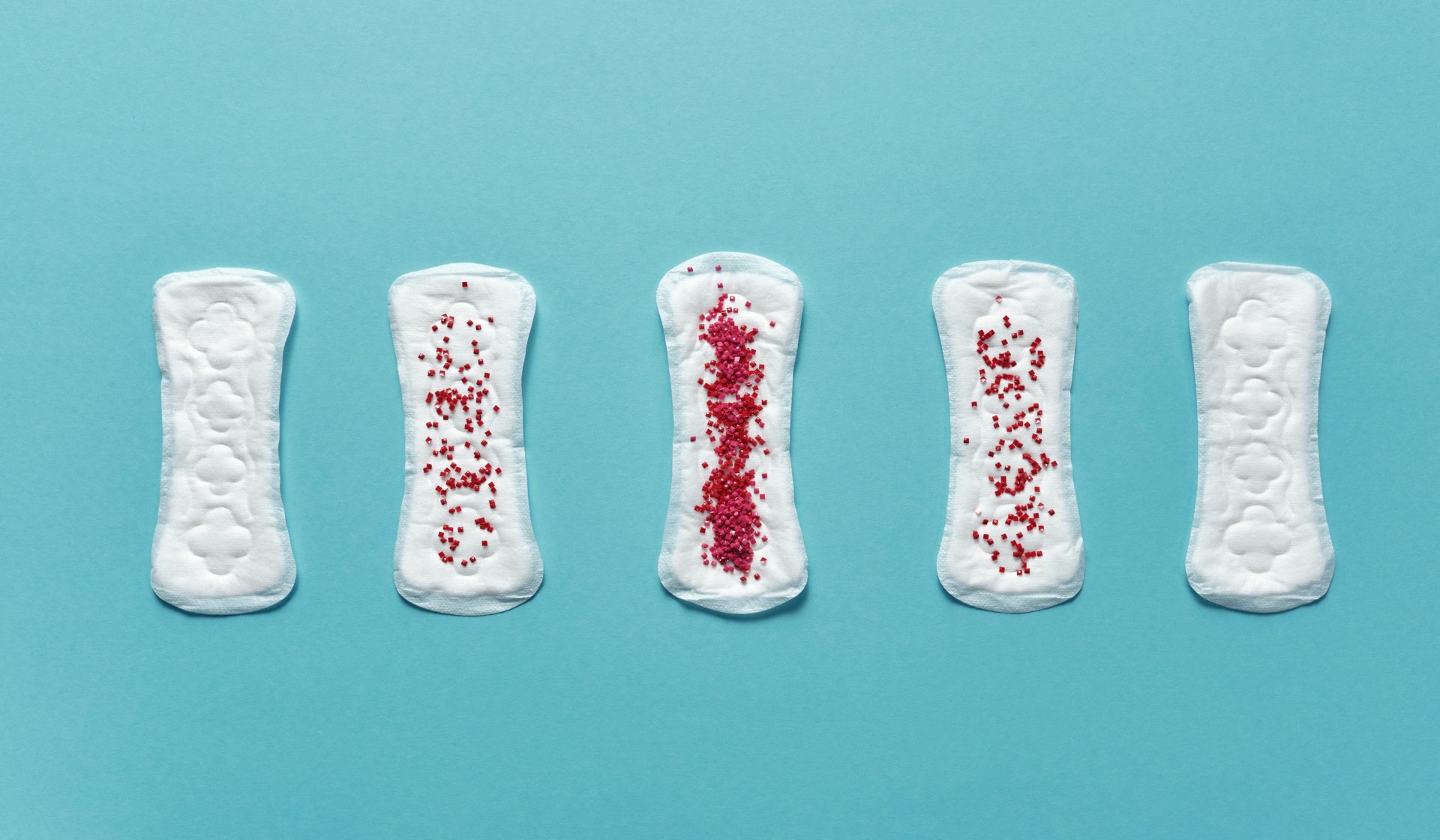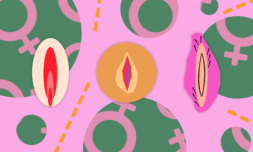More and more young people are claiming TikTok – which is rife with tips, tricks, product recommendations, and relatable content about that time of the month – provides better period education than schools.
Though the average woman menstruates for 2,535 days of her life (that’s seven years total of pads, tampons, ruined underwear, cramps, and red rivets of womb lining), stigma surrounding our menstrual cycles prevails.
This is most evident in our education systems where, from the moment we’re first visited by Aunt Flow, we’re taught to understand the science behind our periods, but not the reality of having them.
To successfully label reproductive organs in our biology notebooks, but to shy away from discussing our time of the month with our peers and to feel embarrassed at the sight of our own blood.
Thankfully, Gen Z’s app du jour is on its way to changing that.
@monicageldart AD Maisie’s Mum gives top tips for when it comes to choosing the right size Tampax. Also, not flush it – bin it instead #Tampax ♬ original sound – Monica Geldart
No stranger to making us reassess our perceptions of what’s worth worrying about and what isn’t, TikTok has been emerging as a space for shame-free learning for a while now.
In fact, when it comes to periods in particular, more and more young people are claiming that it provides better education than schools.
‘I’ve actually got most of my information from TikTok because in school, you just get told “oh, by the way at some point you’re going to be bleeding for three-eight days once a month”,’ 18-year-old Efa Angharad tells the BBC.
‘It’s just the basics. There’s no deeper explanation about why, or symptoms, or hormone changes. I had to figure that out as I went along which can lead to problems later on.’
@period.tips.n.talk ⚠️FAKE BL00D⚠️ All of these are normal 🙂 #period #onmyperiod #menstruation #period_tipsntalk ♬ But I love u so – Marti <3
On TikTok, however, tips, tricks, product recommendations, and relatable content about what it’s really like and why we need to be discussing it in order to reduce stigma is rife.




















